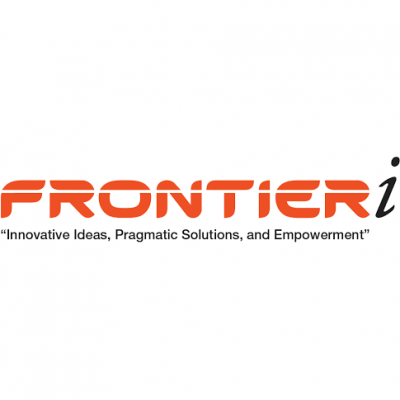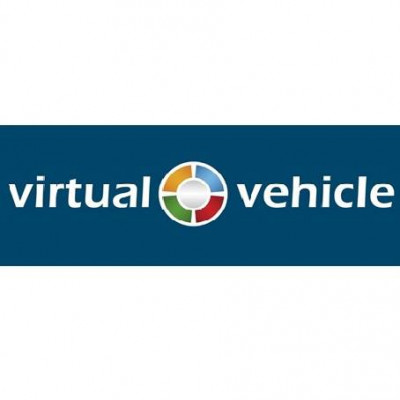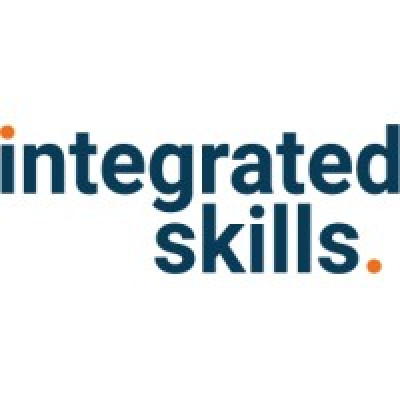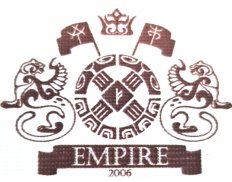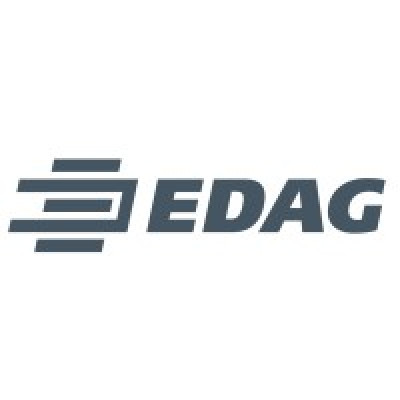
EDAG ENGINEERING GMBH searching for new technologies making the vehicle more sustainable
Details
Description
EDAG Engineering GmbH is a leading independent engineering service provider for the automotive industry. The range of services starts from design and concept development across construction and simulation of the vehicle. In the field of electrics electronics all necessary systems and softwares are developed. The profile is completed by the production solutions branche where whole production plants starting from the green field are planned. We are developing for OEMs and Start-Ups all over the world. The integration of all types of drives (BEV, FCEV, PHEV) into the car is our daily job. Also trucks and motorcycles are part of our business. EDAG is interested in collaboration with partners with new ideas from every field of technology suitable for future vehicles and their production. In particular technologies for lightweight design and a sustainable product lifecycle as well as digitized production and mobility as a service solutions are points of interest. However we can bring any new idea into the market!
Partnership on Project: TWIN GREEN AND DIGITAL TRANSITION 2023 (HORIZON-CL4-2023-TWIN-TRANSITION-01)
ExpectedOutcome:Projects outcomes will enable the achievement of the operational objectives of Processes4Planet partnership by developing new processes for circularity of secondary materials from wastes/residues for all industrial processes (related to P4Planet operational objective 6).
Projects are expected to contribute to the following outcomes:
Prove the technical and economic feasibility of the use of secondary resources in the process industry leading to products with identical properties and performances as those produced using primary resources and allowing production without quality restriction;
Increase the use of secondary resources in the process industry leading to significant increase in resource efficiency across the value chain and subsequent reduction of CO2 emissions; reduction of waste sent to landfill and overall positive environmental impact;
Increase the competitiveness of the European process industry; new business opportunities and revenue flows for recycling companies, benefiting particularly SMEs, which dominate this sector of the market;
The proposed technologies should contribute to the matching of supply-versus-demand of feedstock at the level of quality constraints (removal of impurities or wrong matrices, concentration etc.);
Foster data sharing, and FAIR (Findability, Accessibility, Interoperability and Reusability) digital assets principles, considering the application of digital product passport between recycling companies and the process industry to improve the economy of scale in upcycling of material streams;
Increase the use of unused and new skills to unfold the potential of the technological solutions at the workplace for upcycling and contribution to inclusive growth;
At a longer term, to pave the way toward sustainable-by-design for circular products.
Scope:Currently only 12% of the material resources used in the European process industry are recycled and recovered materials and these are mostly down cycled to less valuable products. To move towards a truly circular and sustainable process industry that uses its resources consciously, and without landfilling, breakthrough innovations aiming at upcycling large amounts of secondary resources are needed. The focus of this topic is the upcycling of secondary resources that must lead to the same quality and diversity of products as those obtained when using primary resources. The innovation needed will depend on the addressed waste category. However, even if the upcycling technologies may be sector specific, the cross-sectorial elements are important and should deserve due attention.
Proposals are expected to address the following aspects:
Considering the upgrading of secondary resources, when relevant, which may include the development of better separation and sorting technologies and digitalisation;
Ensure consistent quality and safety of recyclates and their suitability for the upcycling process itself;
If relevant, detection and removal additives in the secondary resources stream;
Take due account of logistic aspects such as production planning, risk assessment and management or zero defect at supply chain level;
The innovative upcycling of the secondary raw materials should be demonstrated through at least two realistic use cases that must lead to the same quality and diversity of products as those obtained when using primary resources, with demonstrable economic return, developed in closed cooperation between recyclers, process industry, users and technology providers;
Successful upcycling relies on advanced monitoring and sensing in the process industries and value chains, and on an improved data completeness, accuracy and interoperability between the process and the recycling companies. Upcycling may create new business opportunities and models. These are aspects that should be duly considered.
Proposals should include energy efficiency techno-economic and life-cycle assessment considerations of the overall process.
Proposals should actively pursue the involvement of all the actors in the value chain from the process industry to formulators, recyclers, public authorities, and standardisation actors.
Research must build on existing standards or contribute to standardisation. Where relevant interoperability for data sharing should be addressed.
Proposals submitted under this topic should include a business case and exploitation strategy, as outlined in the introduction to this Destination.
Additionally, a strategy for skills development should be presented, associating social partners where relevant. Particular attention should be given to the cooperation with existing initiatives that have developed education and skills activities and outcomes in this area.
All proposals should build on or seek collaboration with existing projects and develop synergies with other relevant European, national, or regional initiatives, funding programmes and are encouraged to consider the use of their expected outcomes in a wider approach that might benefit the establishment of Hubs for Circularity.
International cooperation can be considered specially with countries advanced in the field that could bring mutual benefit from different perspectives.


